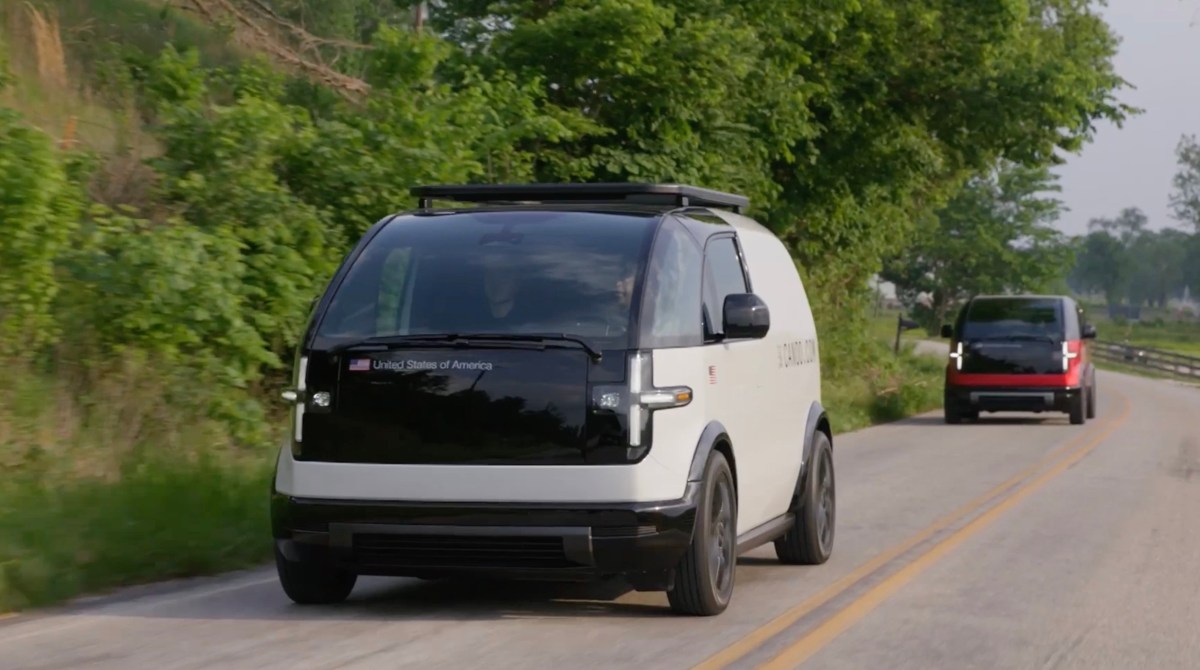The Environmental Protection Agency announced today that it will allow California to ban most sales of new gas- and diesel-powered cars and light trucks starting in 2035.
California has long been able to set its own emissions standards under the Clean Air Act provided they are more stringent than federal regulations. Under that authority, the state announced in 2022 a plan to phase out fossil fuel cars in stages, culminating with the ban in 2035.
California’s phase-out would begin in 2026, when the state will require 35% of automakers’ sales to be zero-emissions vehicles (ZEV), either electric or hydrogen. In the third quarter of this year, ZEV market share was 26.4%.
Then, 68% of new cars would have to be zero-emissions by 2030, and 100% by 2035. Plug-in hybrids could make up to 20% of sales, provided they have a range of 50 miles or more.
However, the Biden administration’s decision is certain to be reversed by the incoming Trump administration; the last Trump administration rescinded California’s waiver in 2019, though the EPA under Biden restored it three years later, after 23 states sued the federal government.
Apart from California, 16 states and the District of Colombia have adopted some form of California’s emissions standards, and most of them have a plan to phase out gas-powered cars.
Revoking the standards once more would require more than the stroke of a pen: It took the previous Trump administration 18 months to axe the waiver.
Automakers have wavered on the waiver. Many have agreed to recognize California’s authority in the area, agreeing to limit emissions and wind down sales of fossil fuel vehicles in the state. But they have also asked for more time and have pressed the Trump administration to intervene.
“We expect President Trump will revoke the waiver in 2025,” John Bozzella, CEO of Alliance for Automotive Innovation, said in a statement.
Tim De Chant is a senior climate reporter at TechCrunch. He has written for a wide range of publications, including Wired magazine, the Chicago Tribune, Ars Technica, The Wire China, and NOVA Next, where he was founding editor. De Chant is also a lecturer in MIT’s Graduate Program in Science Writing, and he was awarded a Knight Science Journalism Fellowship at MIT in 2018, during which time he studied climate technologies and explored new business models for journalism. He received his PhD in environmental science, policy, and management from the University of California, Berkeley, and his BA degree in environmental studies, English, and biology from St. Olaf College.
Subscribe for the industry’s biggest tech news




















 English (US) ·
English (US) ·